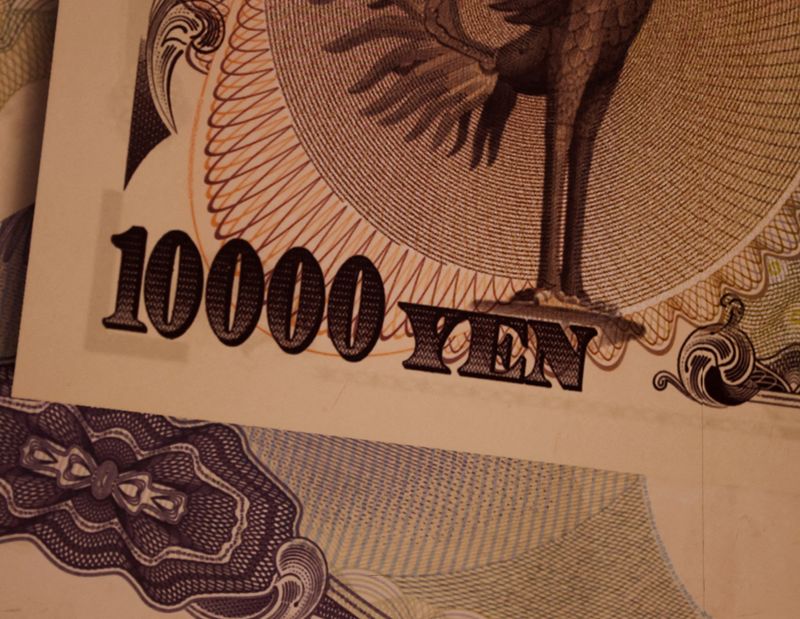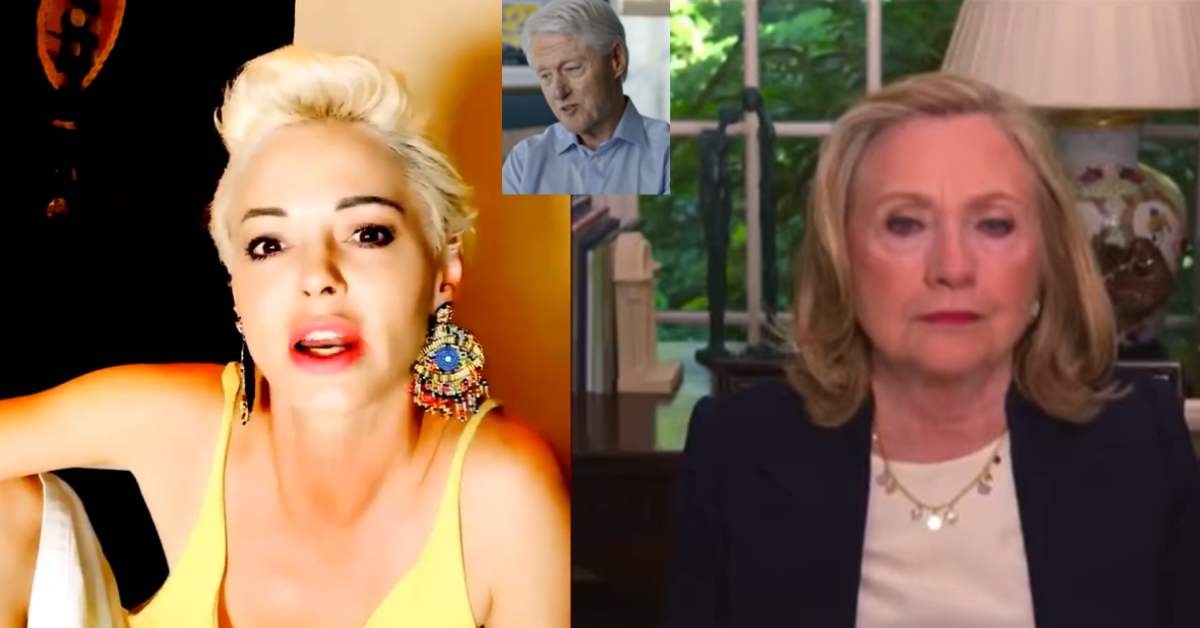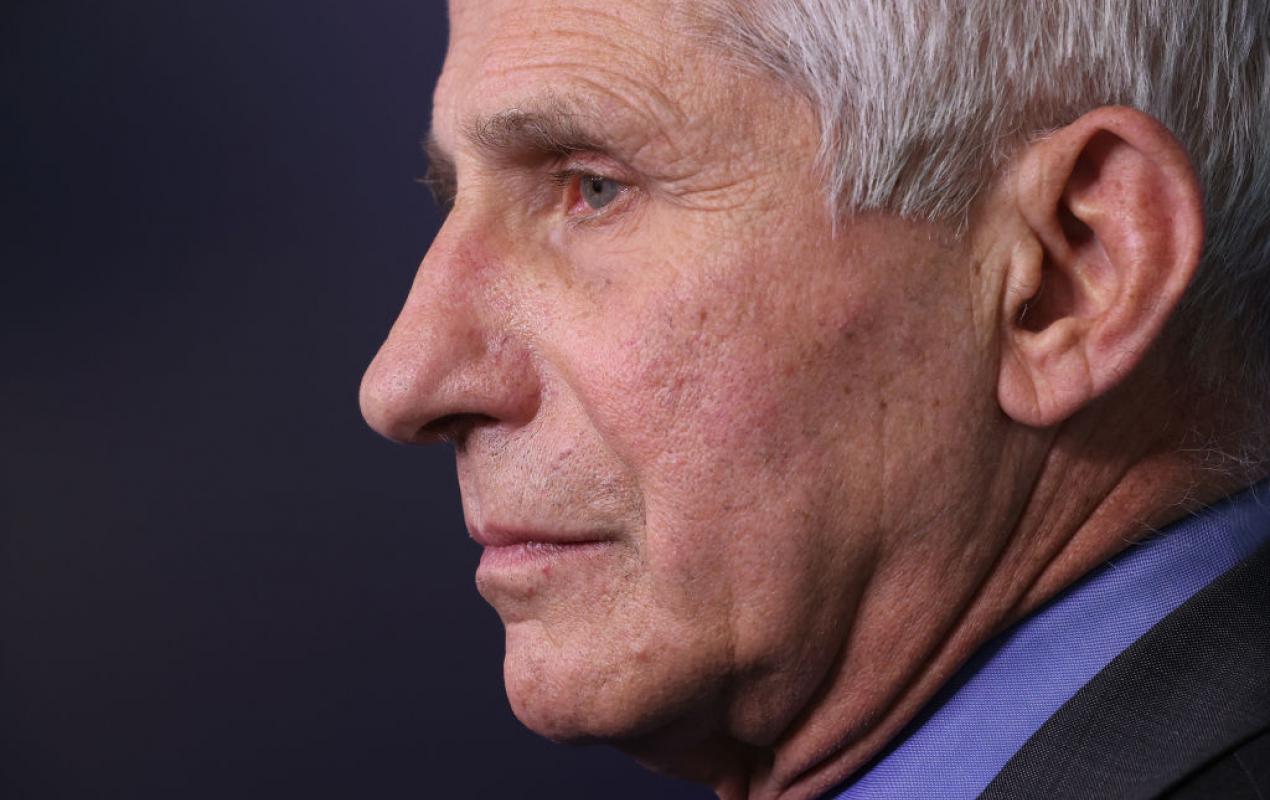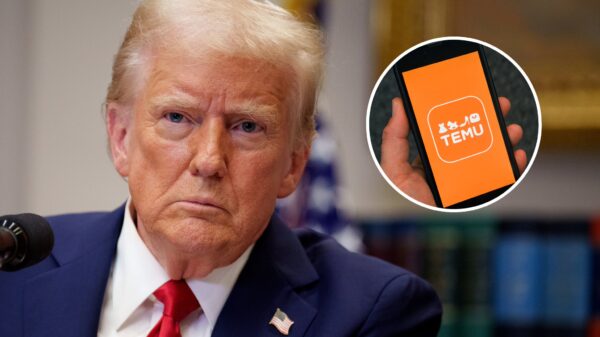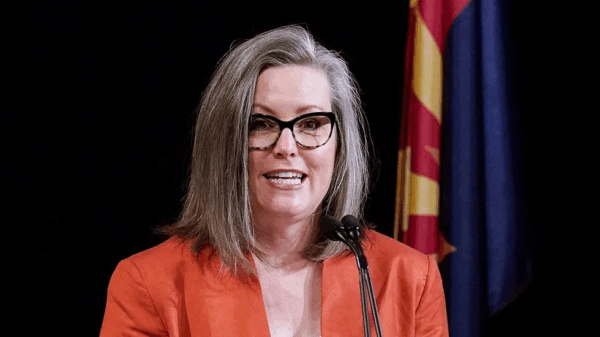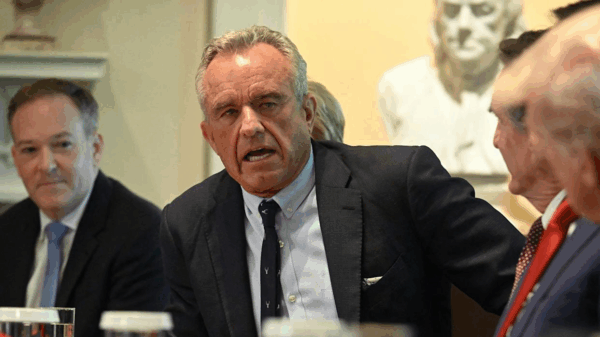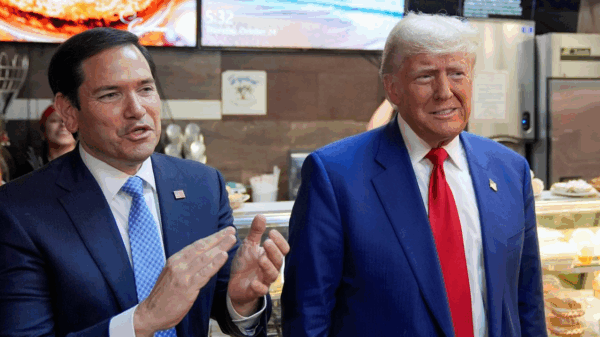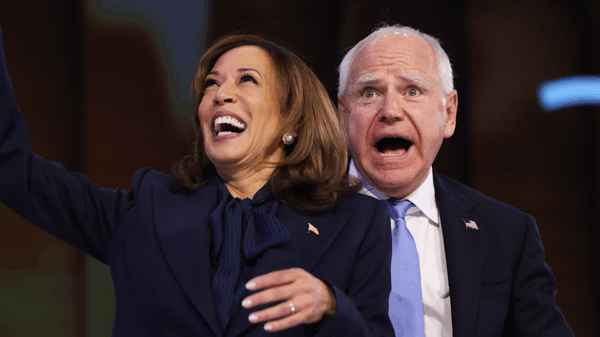By Leika Kihara
TOKYO (Reuters) -The Bank of Japan should let government bond yields move more flexibly and be ready to raise short-term interest rates swiftly if “significant” upside risks to inflation materialise, the International Monetary Fund (IMF) said on Thursday.
In a proposal after an annual policy consultation with Japan, the IMF said the central bank’s ultra-loose monetary policy remains appropriate as inflation is likely to fall back below its 2% target by the end of 2024 unless wages rise significantly.
But with upside risks to inflation becoming more prominent in the world’s third-biggest economy, the IMF said, the Bank of Japan (BOJ) should give long-term yields freer rein, such as by raising its 10-year bond yield target or widening the range it tolerates.
“We don’t see this as really changing the (BOJ’s) accommodative stance. It’s more to balance some of the impact on the real economy against the impact on financial markets,” IMF Japan Mission Chief Ranil Salgado said on Thursday.
“It also makes it easier to begin the transition towards an eventual raising of the short-term rate,” he told Reuters, adding the BOJ could consider steps to enhance flexibility in bond yields even before its inflation target is durably met.
With Japan’s core consumer inflation at a 41-year high 4%, double the BOJ’s target, markets have been betting the central bank will phase out its aggressive stimulus after dovish Governor Haruhiko Kuroda retires in April.
Unlike central banks worldwide that have aggressively raised interest rates, the BOJ has stuck with an ultra-low rate policy, called yield curve control (YCC), that applies a negative interest rate to some short-term funds and targets the 10-year yield around zero.
The global lender’s proposals contrast with those it made last year, when it urged the central bank to maintain ultra-loose policy to support Japan’s recovery from the damage of the COVID-19 pandemic.
“Given the two-sided risks to inflation, more flexibility in long-term yields would help to avoid abrupt changes later. This would help better manage inflation risks and also help address the side-effects of prolonged easing,” the IMF said in a statement issued after the policy consultation.
EYING THE EXIT
The IMF said the BOJ could also consider options such as targeting a shorter-term yield or the pace of its bond buying. Such steps, it said, would help mitigate the side effects of prolonged easing, such as distortions in the yield curve caused by the BOJ’s massive government bond purchases.
If inflation risks heighten significantly, the BOJ must withdraw monetary support more forcefully, such as by raising short-term rates “much earlier and above the neutral rate” to anchor inflation back towards its 2% target, it said.
A hike in short-term rates, however, is unlikely in the near-term and can be considered only when there is clear evidence that wages will keep rising and help the BOJ durably achieve its inflation target, Salgado said in the interview.
The BOJ surprised markets in December by doubling its allowance band for the 10-year yield to 0.5% above or below zero. It beefed up a market operation tool in January to defend the new cap, aiming to extend YCC’s lifespan.
Aside from increased side effects of prolonged easing, the BOJ’s ultra-low interest rates have drawn fire from critics for causing the yen to plunge, boosting the cost of raw material imports that put more pressure on companies and households.
The dollar touched a 32-year high around 152 yen last year, prompting authorities to intervene in the currency market to prop up the Japanese currency, though it has since rebounded to around 130.
The IMF said while currency intervention could tame excessive volatility and keep the pace of yen moves better aligned with fundamentals, its effects are likely temporary.
Intervention, then, “should be limited to special circumstances such as disorderly market conditions, risks to financial stability” and concerns that foreign-exchange moves could de-anchor inflation expectations, the IMF said.
(Reporting by Leika Kihara; Editing by William Mallard and Kim Coghill)



By: OAN
![]()

